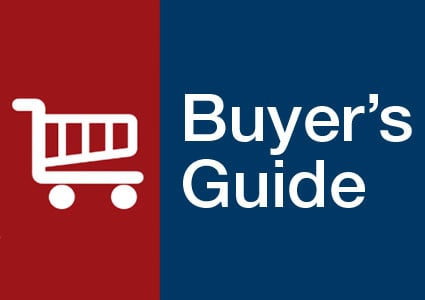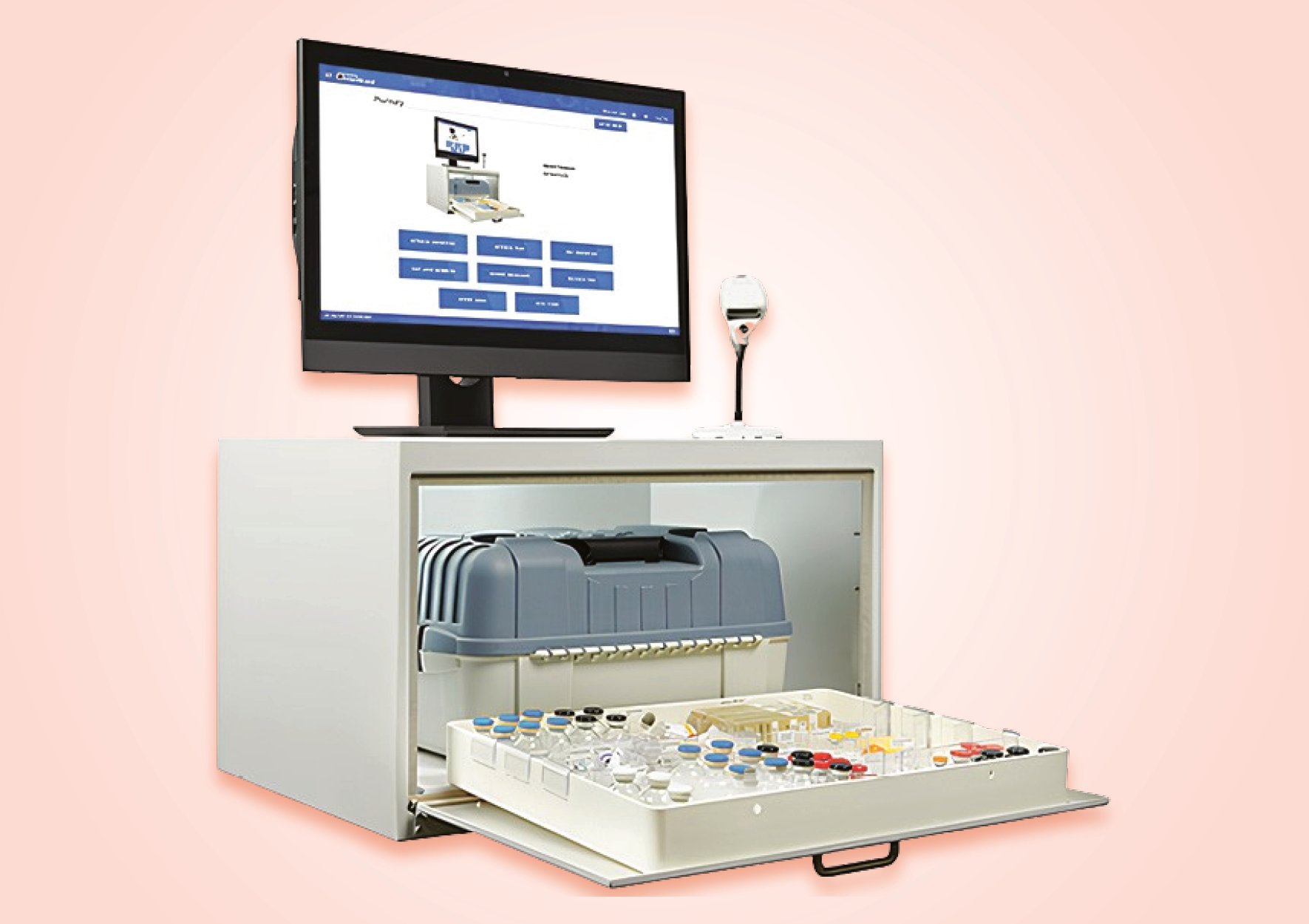- Show Menu
- Contact Us
- FAQs
- Reader Service
- Survey Data
- Survey Winners
- Testimonials
- Upcoming Events
- Webinars
- White Papers
Tips for Limiting Outsourced Compounding Liability
By Andrew J. Donnelly, PharmD, MBA, FASHP
At some point, every director of pharmacy is faced with the question of how to handle the preparation of compounded sterile products in their pharmacy, and inevitably this means considering the option of outsourcing some or all of these products. While outsourcing often involves added costs, there are several advantages associated with using this method for compounded preparations. Some of these advantages include:
n Reduced waste: With outsourced products, extended beyond-use dating is often possible, increasing the products’ shelf life. While an in-house compounded preparation might have a 24-hour beyond-use date, the same product when outsourced may have 30- to 45-day dating.
- Streamlined workflow: Identifying and then outsourcing some of your faster moving compounded products means preparations that cannot be made too far in advance internally are always on hand, averting the need to constantly interrupt workflow to prepare these.
- Simplified record keeping: By outsourcing products that contain controlled substances (e.g., epidurals), you also outsource the paper work associated with them.
- Ability to reallocate staff: Rather than spending time checking preparations, pharmacists can refocus this time on clinical activities, and technicians can be allocated to other pharmacy duties.
- Improved labeling: An outsourcer’s labeling may be better than what would be used internally (e.g., standardized labeling on operating room syringes).
Mitigating Liability with Site Visits
Along with the benefits associated with outsourcing compounded preparations, there are liability issues that need to be acknowledged. Of primary concern is that regulatory agencies, such as The Joint Commission, will hold the pharmacy/institution responsible for the quality and integrity of outsourced products. To help mitigate liability issues associated with outsourced compounded preparations, visit the outsourcing companies under consideration, if possible, to make sure you are comfortable with the processes in place. After you have chosen your vendor, continue to periodically visit the facility to ensure processes remain sound.
While on the tour, talk with the facility’s managers, pharmacists, and compounding staff and plan to perform the following:
- Review the facility’s standard operating procedures manual, the pharmacist and pharmacy technician training manual, and quality reports (e.g., sterility, stability, hood surface and air sampling, media fill history, and pyrogenicity reports). After choosing a vendor, continue to periodically examine these documents.
- Ask about complaints received from other clients.
- Check on the number and type of product recalls.
- Request a list of terminated accounts and find out why the accounts were terminated.
- Ask whether the outsourcing company has had any product liability lawsuits filed against it for preparations it compounded.
- Ascertain whether the outsourcing company is compounding from powders; if so, additional sterility tests will be required.
- Ensure the pedigree of all prescription drugs used in the compounding process; they should either be purchased directly from the manufacturer or from a wholesaler that purchased them directly from the manufacturer.
- Ask about product traceability in case of a recall; the outsourcer must be able to tell you if it has any product that has been made with a recalled drug. Additionally, if you are not seeing the expected clinical effect with an outsourced product, the outsourcer must be able to identify the lot number of the drug in question upon request.
Make sure the key hospital groups—including the P&T committee, nursing and pharmacy committees, safety committees, and medical staff—are made aware of any plans to outsource. This way you can address any issues that may arise because of changes in labeling, volume, product concentration, storage, workflow, etc.
Legal Review
Include the hospital’s legal counsel in reviews of the outsourcing contract to ensure liability issues are addressed properly. Some points legal will be looking for include:
- Indemnification by outsourcer clause: This assures the customer is not held responsible for any harm (e.g., personal injury, death, and/or property damage) caused by the outsourcer not fulfilling its responsibilities.
- Force majeure clause: This addresses non-performance or delays for reasons beyond the outsourcer’s or customer’s reasonable control.
- Termination clause: This lays out appropriate terms for the customer to terminate the contract should the outsourcer fail to meet its obligations.
- Product return clause: This addresses the customer’s ability to return product to the outsourcer for evaluation if issues related to quality arise, with credit being given to the customer for any products made in error.
Remember, it is the responsibility of the customer to confirm that all of the outsourcer’s licensure and registration is current. Request proof of documentation for all required licenses and registrations, including registration with the DEA and the FDA (e.g., manufacturer, repackager). Review staff licenses and state pharmacy license(s) for every state that the outsourcer ships to. In addition, request documents that prove the outsourcing company is compliant with all regulatory agency and professional organization standards. Ask for the results of FDA audits and documentation demonstrating the outsourcer’s compliance with USP standards. Also make sure that the outsourcing company’s liability insurance is current.
Vendor Selection
While it may be necessary to use more than one outsourcer to meet all of your compounding needs, it is important to keep in mind that using too many outsourcing companies can increase safety risks as packaging and labeling conventions may differ among vendors. To avoid this, designate one company as your primary outsourcer; consider a secondary outsourcer only when a product is unavailable. It may be beneficial to discuss any unmet needs with your primary outsourcer, as they may be willing to provide a customized solution for you.
Andrew J. Donnelly, PharmD, MBA, FASHP, received his doctor of pharmacy and master of business administration degrees from the University of Illinois. He is currently director of pharmacy services at the University of Illinois Medical Center at Chicago and clinical professor in the department of pharmacy practice at the University of Illinois at Chicago College of Pharmacy. Dr. Donnelly’s areas of interest include pharmacy administration, anesthesiology, and operating room pharmacy.
Digital Edition
PP&P is now available online in the exact layout and appearance of the print edition, and includes more interactive features, such as the ability to access websites and request information with the click of a mouse. To view this article in the digital edition, CLICK HERE.
Like what you've read? Please log in or create a free account to enjoy more of what www.pppmag.com has to offer.








